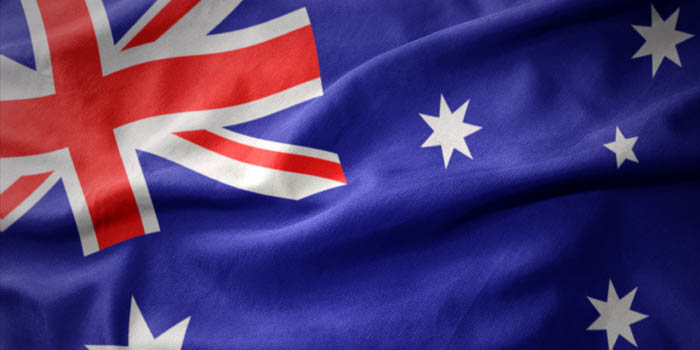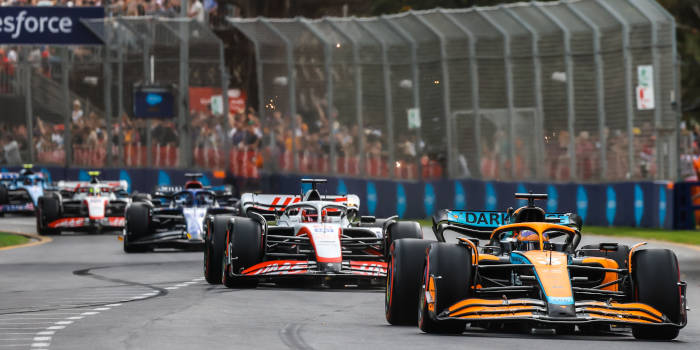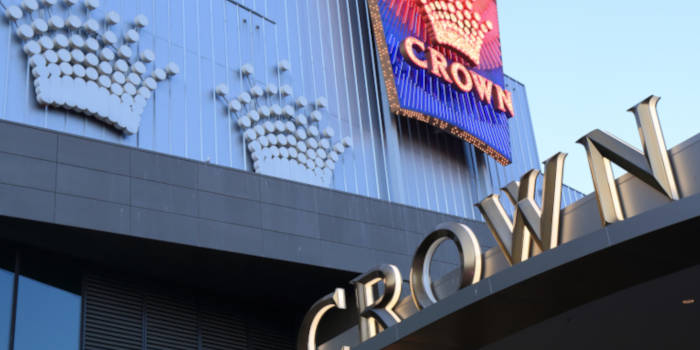Northern Territory Poker Machines Drive Record High Losses in 2020

Poker machines in the Northern Territory led to record-high losses once venues were allowed to reopen in July 2020.
Northern Territory Poker Machines Drive Player Losses
Gamblers were spending a pretty penny on poker machines in the Northern Territory in 2020, with consumers looking back for a quick re-entry in gambling clubs, casinos, and hotels.
It all began when the Northern Territory ordered authorized gambling venues to shut down, including two casinos, smaller clubs, and hotels, and stayed closed from March 23 through June 5, leading to pent-up demand.
Data provided by the Department of Industry, Tourism and Trade (DITT) revealed that once the venues were allowed to reopen, players raked up nearly 52% higher losses compared to a year before. In July 2020, the losses had reached AU$25 million.
Players spent AU$8.2 million on gambling in hotels in 2020 compared to just AU$5.3 million in 2019. Club players incurred the biggest losses, with the numbers in 2020 reaching AU$9.4 million compared to AU$5.1 million in 2019.
For the sake of objectivity, the data compared the numbers with 2018. Between 2018 and 2019, the losses remained almost flatly the same. However, in 2020, losses mounted quickly in July. According to Menzies School of Health Research Dr Matt Stevens, the increase in losses is directly linked to welfare payments by the federal government.
Stevens confirmed that other jurisdictions in the country also experienced a similar trend of increased spending on gambling, but no other place incurred more losses than the Northern Territory, he added.
Problem Gambling in the Northern Territories
Thankfully, the trend didn’t keep through 2020, and following the big spike in July, losses came back to normal. The numbers were certainly worse than the national average, and this is understandable, given the prevalence of problem gambling in the region as per a government report released late in 2020.
The survey found out that indigenous and unemployed male gamblers were the most likely risk groups to go overboard with their gambling habits.
Alliance for Gambling Reform chief advocate Tim Costello has been wary of the dangers of welfare payments that have driven gambling behavior in vulnerable individuals. “Sadly, many people would have blown all their money,” Costello argued, going even further to call poker machines “the crack cocaine of gambling.”
The data provided by the DITT revealed increased spending on a monthly basis, with July reaching AU$296.4 million in turnover, and then August with AU$261.1 million, followed by September and October with roughly the same amounts of AU$240 million and AU$225 million respectively.
Stakeholders have not been blind to the plight of players, though, and Hospitality NT chief executive Alex Bruce said that clubs have started introducing various solutions allowing gamblers to self-exclude.
“We’ve now made available our multi-venue self-exclusion tool online for all pubs, clubs, and casinos across the Territory, regardless of whether they’re members of ours or not,” Bruce concluded.
Stoyan holds over 8 years of esports and gambling writing experience under his belt and is specifically knowledgeable about developments within the online scene. He is a great asset to the GamblingNews.com team with his niche expertise and continual focus on providing our readers with articles that have a unique spin which differentiates us from the rest.














